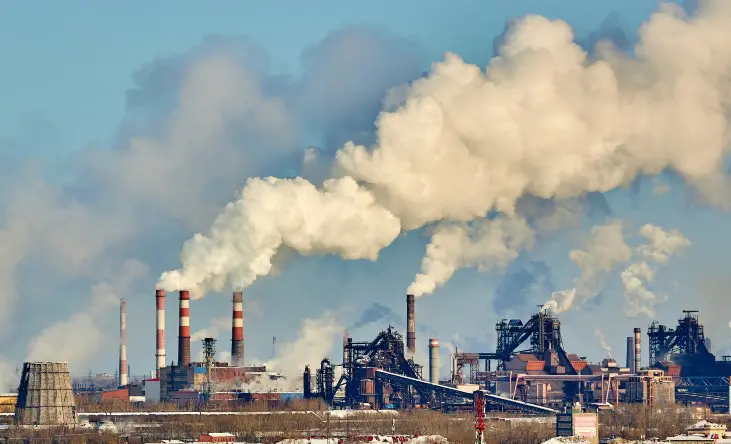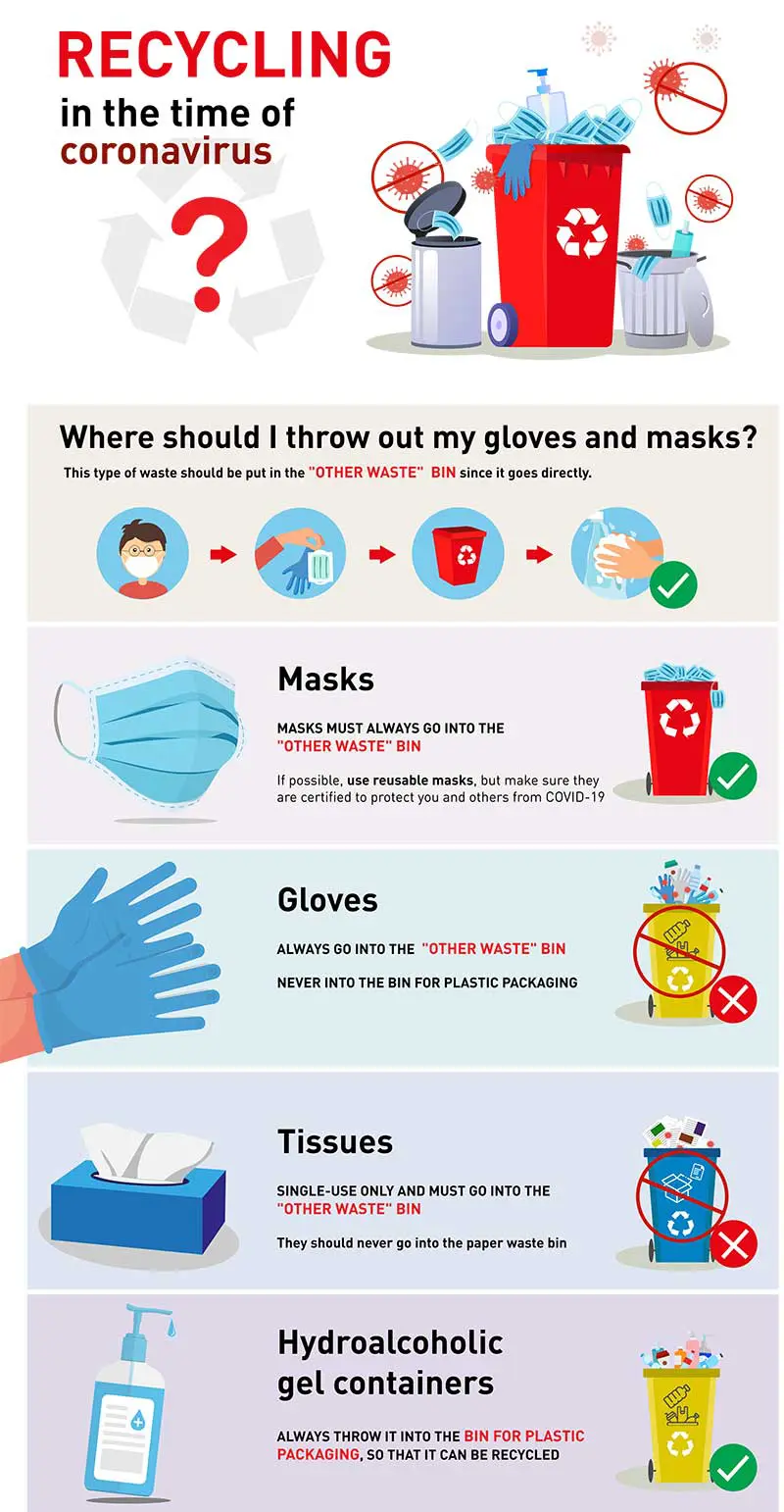The impact of climate change on people’s health
“The high number of deaths caused by air pollution in Europe is explained by the combination of poor air quality and population density, leading to exposure that is among the highest in the world,” notes Jos Lelieveld, a researcher at the Max Planck Institute for Chemistry.
These numbers are a bit of a shock, given that previous estimates from the European Environment Agency or the WHO itself were just half this amount.

Bearing the brunt: the cardiovascular system
One of the biggest disadvantages is how difficult it can be to escape pollution. No matter how driven you are to take care of yourself, pollution is everywhere. It’s primarily caused by burning fossil fuels, in addition to industrial activities, poor waste management and poor agricultural practices.
Increased risk of breast cancer, Alzheimer’s and Parkinson’s
Furthermore, a study published in the Journal of the American College of Cardiology (JACC) affirms that heavy metal particles in polluted air can cause the arteries that pass through the neck to narrow, increasing the likelihood of suffering a stroke.
In short, the fight against climate change and pollution is not only a key issue in safeguarding the health of the planet, but is also necessary to prevent premature deaths worldwide.
Children are especially vulnerable
Moreover, the study stresses that “The most developed countries are not the healthiest.” On the one hand, the richest nations are the biggest contributors to both climate change and poor air quality, since they’re the biggest polluters. On the other hand, poorer nations have the greatest difficulty in ensuring the well-being of their children. In other words: no country in the world provides the healthcare conditions or climate that children need.

A problem exacerbated by the pandemic
MAPFRE doesn’t want to emerge from this pandemic faced with a more polluted planet. That’s why we intend to accept our share of the responsibility and provide recommendations on how to dispose of these items responsibly.

